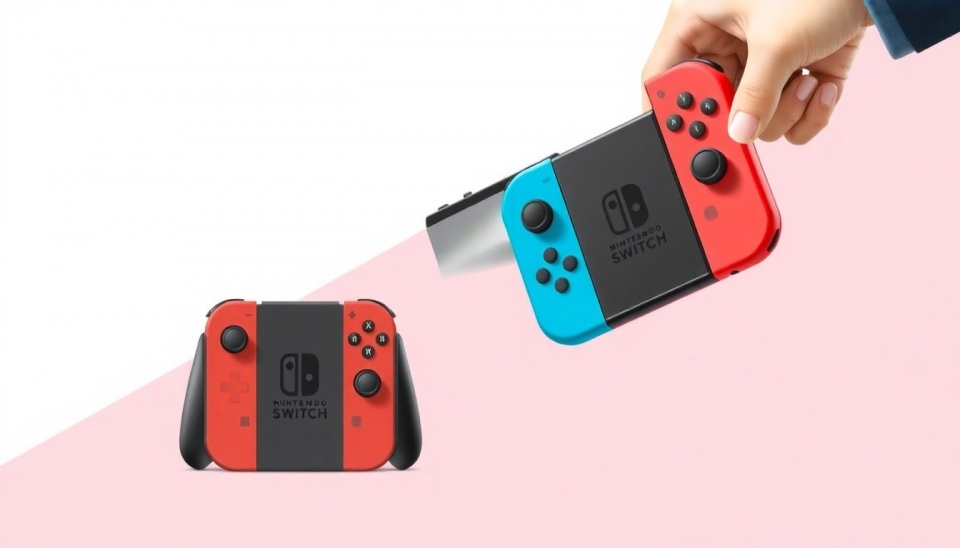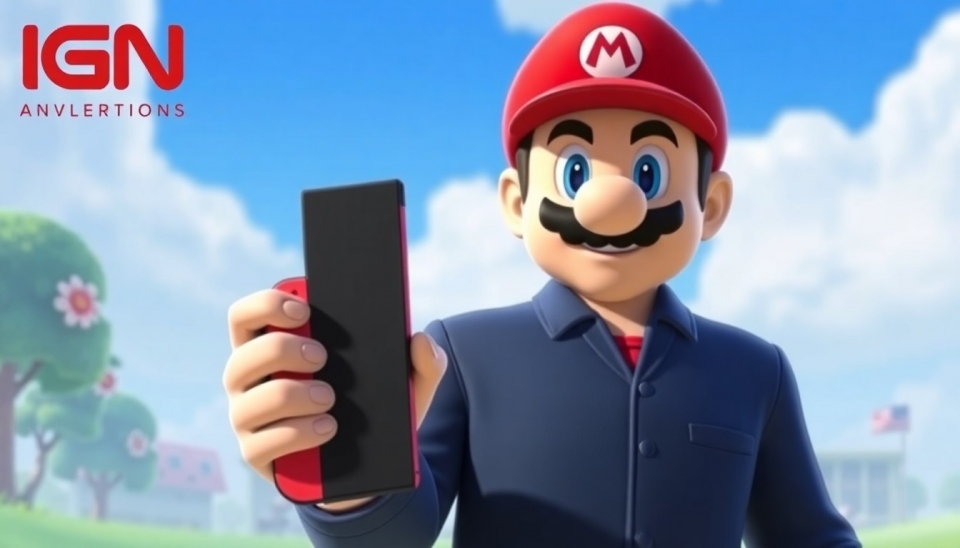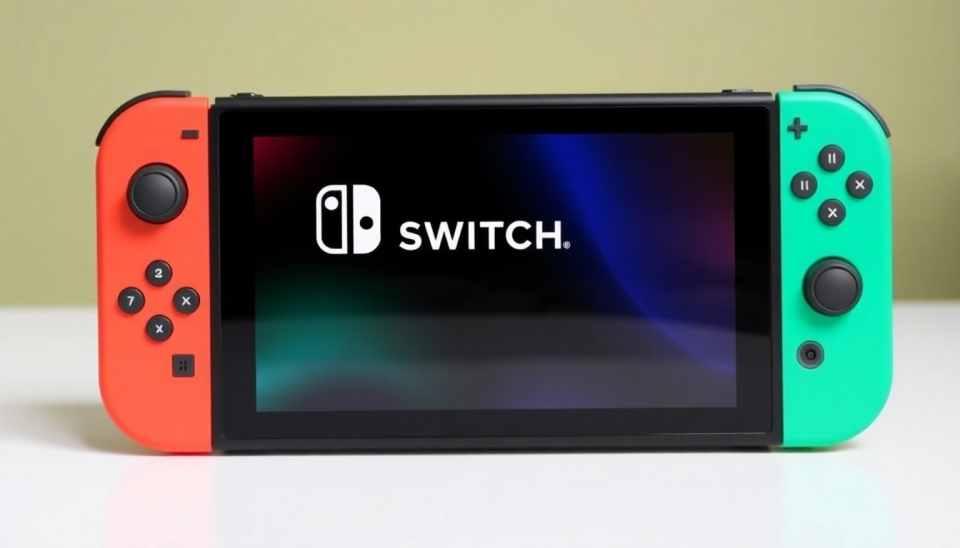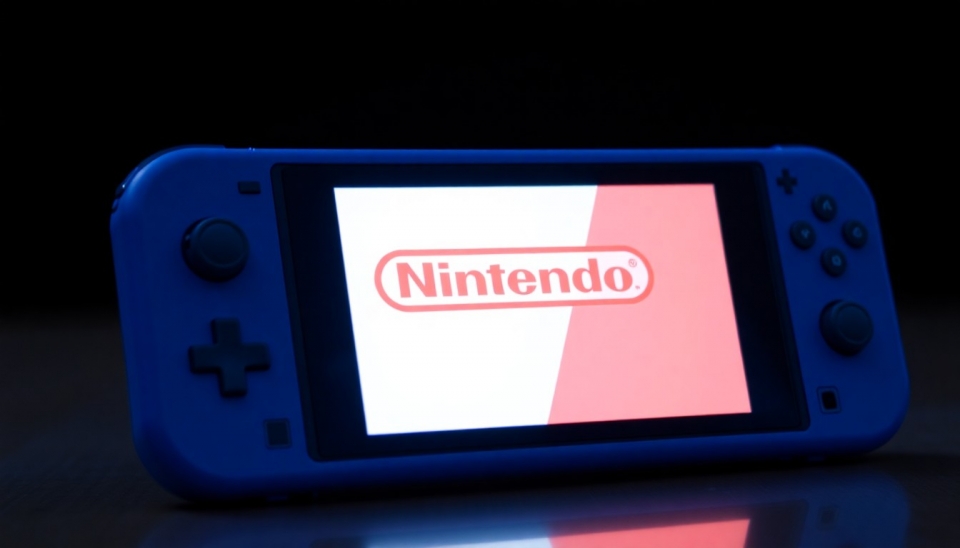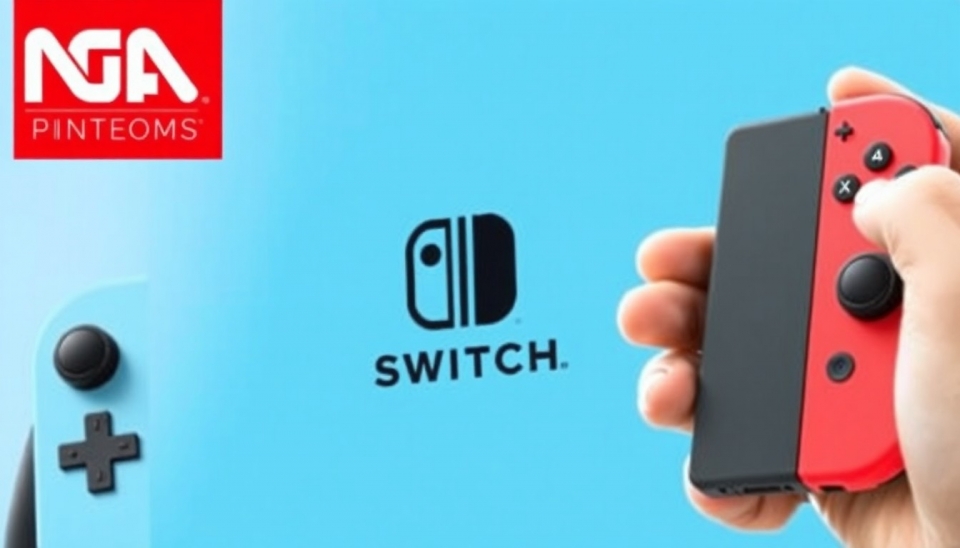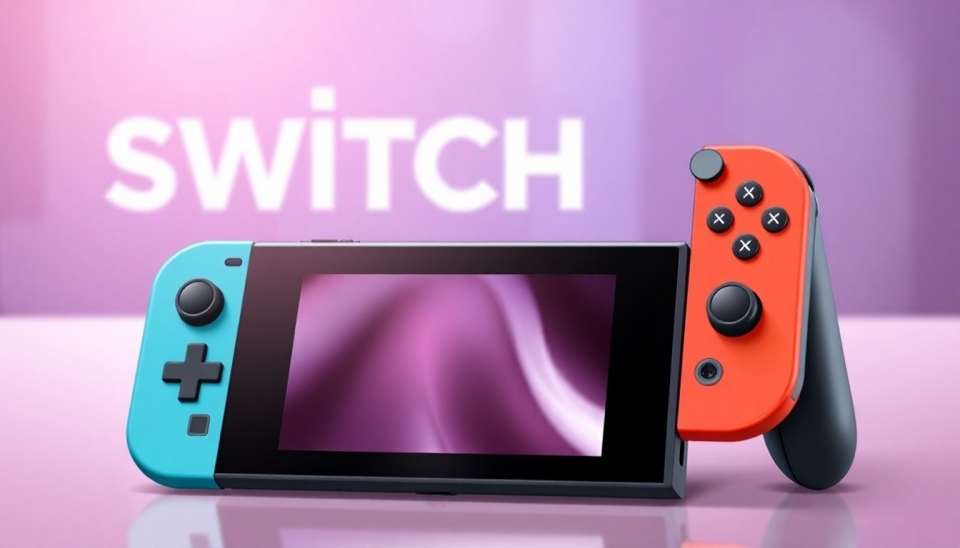
A recent analysis has signaled a reduction in the sales projections for the much-anticipated Switch 2 gaming console, attributed primarily to the impact of tariffs imposed during Donald Trump's presidency. This adjustment comes at a crucial juncture for the gaming industry, which has been closely monitoring global trade policies and their ramifications on production and pricing strategies.
The revised forecast indicates a notable decline in sales expectations for the Switch 2, which has generated significant excitement among gaming enthusiasts and industry stakeholders alike. The forecasting price adjustments stem from complications arising from tariffs placed on imported goods, which have catalyzed increased manufacturing costs. This situation poses challenges not just for the Nintendo Switch 2 but also for competitive brands aiming to capture market share in a space increasingly influenced by geopolitical dynamics.
According to the report from a leading market research firm, the anticipated sales figures for the Switch 2 have been slashed, reflecting both immediate consumer behaviors and long-term purchasing patterns. Analysts are now recalibrating their expectations about how current economic conditions, particularly surrounding international trade, could influence not just the launch but the overall success of the console in a crowded market.
This news comes as Nintendo gears up for the Switch 2's market entry, a follow-up to its highly successful predecessor, the Nintendo Switch, which broke multiple sales records since its release. In the face of this newly altered landscape, Nintendo executives are under pressure to devise strategic responses that might include adjusting pricing, bolstering local production capabilities, or exploring alternative supply chain solutions.
The gaming giant's strategy has always centered around innovative gameplay and a dedicated community, but now it faces the dual pressure of maintaining its creative edge while contending with external economic forces. Analysts are urging Nintendo to prioritize clear communication with its consumer base regarding any potential price hikes or altered availability tied directly to the tariffs that are complicating their business model.
The shift in sales prediction regarding the Switch 2 is echoed within broader industry trends where technology and trade intersect. With tariffs on essential components soaring, companies across various sectors are grappling with how to pivot toward sustainability while remaining economically viable. This evolving scenario could redefine the competitive landscape, resulting in unforeseen challenges but also potential breakthroughs in production practices.
As the gaming community watches closely, the coming months will be critical for Nintendo and its competitors. It remains to be seen how effectively the company navigates this complex interplay of trade policies and consumer demand, and what it will mean for the future of gaming consoles amidst a climate of uncertainty.
In conclusion, the revision of the sales forecast for the Switch 2 highlights the significant influence of external economic factors on the gaming industry. Stakeholders from developers to consumers will need to stay informed as the situation develops, making this an important chapter in the ongoing narrative of video game evolution.
#Nintendo #Switch2 #GamingNews #Tariffs #TrumpEconomicPolicies #TechIndustry #MarketForecast
Author: Emily Collins
